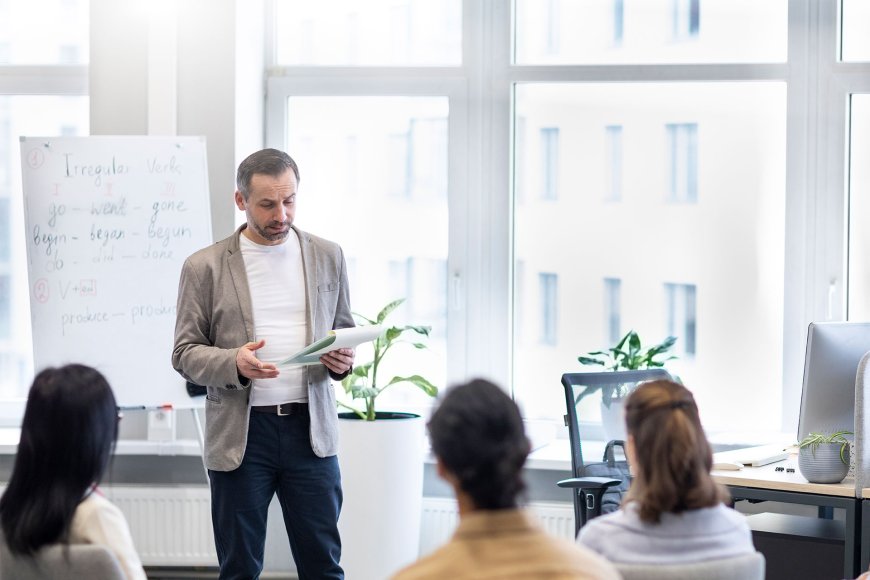Empowering Retail Employees: What Changes When Your Staff Learns by Doing?
Enhance your retail store’s customer experience and sales through vocational learning. Discover how practical, human-centered training empowers employees and transforms performance.

Dear EdTech Türkiye Readers,
We’ve all experienced this moment: You walk into a store, unsure where to find what you’re looking for—or you need help choosing a product. That one employee’s knowledge, attitude, and confidence can shape your entire impression of the brand. It can lead to a loyal customer—or a lost one.
In the fast-paced retail world, that moment isn’t just a coincidence—it’s the direct result of employee learning (or lack thereof). And we believe vocational learning is the missing piece.
What is Vocational Learning?
Vocational learning focuses on practical, hands-on skills that go beyond theory. It’s learning by doing—through simulations, scenarios, mentorship, and real-life tasks.
In retail, that means:
-
Understanding how a product meets a customer’s need—not just listing features
-
Managing the checkout process with a smile, even during peak hours
-
Designing store layouts that guide customer flow naturally
-
Responding to complaints with empathy and brand-aligned solutions
Why Is It Essential for Retail?
Today’s retail isn’t just about what’s on the shelves. The in-store experience is one of your biggest differentiators. That’s why vocational learning is non-negotiable:
-
Product Complexity: Whether fashion fabrics or tech specs—knowledge must be applied, not memorized.
-
Experience-Driven Shoppers: Customers expect connection, empathy, and tailored guidance.
-
Human Advantage Over Online: Physical stores win with service—not price. Skilled staff = loyalty.
-
Brand Representation: Your people are your brand. Their tone, energy, and insight define customer perception.
Tangible Benefits of Vocational Learning in Retail
-
Faster Onboarding: New hires ramp up quickly through simulations and on-the-job support.
-
Higher Employee Engagement: Interactive learning builds confidence and motivation.
-
Better Customer Satisfaction: Skilled employees deliver accurate, personalized assistance.
-
Increased Sales: Confident staff can upsell, cross-sell, and boost average cart value.
Core Steps in Retail-Focused Learning Programs
-
Product & Brand Culture Deep Dives
-
Interactive Modules & Scenario-Based Videos
-
Role-Playing & Customer Simulation Exercises
-
On-the-Job Training with Mentorship
-
Microlearning & Continuous Feedback
-
Gamification & Recognition
Manage It All With a Retail-Focused LMS
You’ll need the right Learning Management System (LMS) to power and track this. A retail-ready LMS should offer:
-
Multi-location delivery
-
Easy content updates for product catalogs
-
Mobile access
-
Rich media support (video, simulation, interactivity)
-
Data analytics linking learning to performance
Final Thoughts
In retail, training isn’t a cost—it’s a competitive edge. Empowering employees with knowledge and skills isn’t just good for business—it’s essential for brand survival.
At EdTech Türkiye, we believe the future of retail lies in tech-enabled, human-centered learning ecosystems. Your store isn’t just where you sell—it’s where you educate, engage, and elevate every interaction.
Want to design a vocational learning program tailored to your retail teams? Get in touch—we’re ready to help.